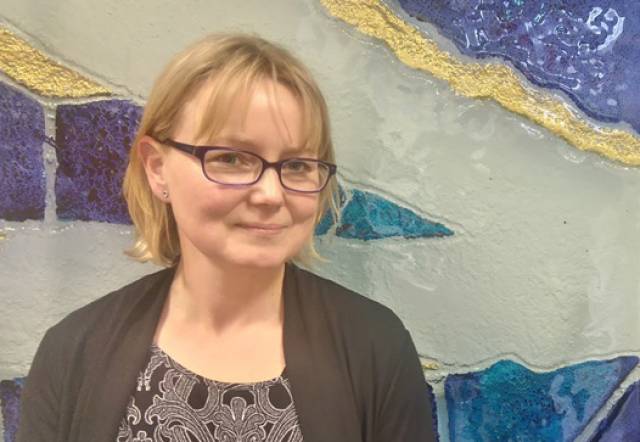#MarineScience - Today, Sunday 11 February, Inland Fisheries Ireland (IFI) is marking International Day of Women and Girls in Science by highlighting the key role that women play in the organisation.
According to UN Secretary-General António Guterres: “We need to encourage and support girls and women achieve their full potential as scientific researchers and innovators.”
As an organisation, IFI carries out scientific fisheries research, monitoring and investigations which aim to manage, improve and protect the inland fisheries resource.
A board member of IFI, Dr Frances Lucy is also chair of the Environmental Sciences Association of Ireland. She is head of the Department of Environmental Science and director of the Centre for Environmental Research Innovation and Sustainability at the Institute of Technology, Sligo.
“My advice to young girls and women interested in science is this: follow your passion, let no-one discourage you,” she says.
“It is harder for women, though, because women face the challenge of trying to balance career, children and family. Never underestimate yourself.
“Science is a wonderful discipline and is very rewarding. It’s a career in its own right, but it also offers encouragement to others and makes an impact on science and on society.”
IFI staff member Dr Fiona Kelly is a senior research officer. Dr Kelly heads up a large team specialising in research on various freshwater fish species and has been interested in science since she was a child.
Growing up in Kildare and then Kilkenny, beside the Rivers Liffey and Barrow, her father nurtured her interest in nature, leading to her being an exhibitor at the annual Young Scientist Expo in Dublin’s RDS, before going on to earn a BSc (Hons) in zoology and a PhD in freshwater ecology at University College Dublin.
“As a career, science is extremely interesting and rewarding. The work we do in Inland Fisheries Ireland has great variety and diversity,” she explains. “It’s not just a desk job, you get to work outdoors on rivers, lakes and estuaries on a regular basis.
“For example, I am currently leading the team who carry out the fish monitoring for the Water Framework Directive, to assess the status of fish stocks across the country.”
Dr Kelly says Irish women scientists in the environmental and fisheries sector are well regarded.
“As an island nation, we have a different perspective, so we have much to offer. For instance, I’m on the EIFAAC Technical and Scientific Committee, a sub-committee working under the aegis of the Food and Agriculture Organisation of the United Nations. Irish scientists, male and female, are regular speakers at international conferences.
“It’s a varied and exciting career I would encourage any girls and women who are interested in science to pursue it as a career.”
Wise words of advice as we celebrate UN International Day of Women and Girls in Science.
































































